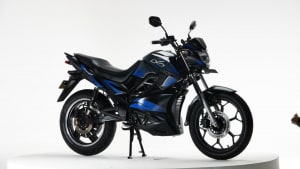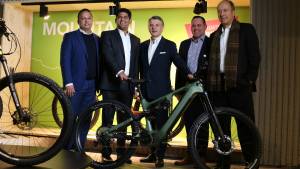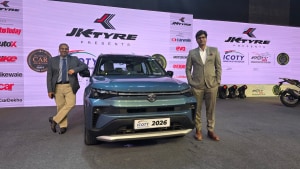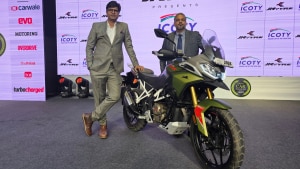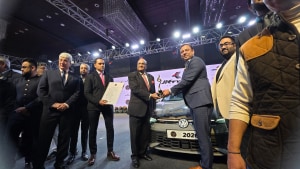Electric Mobility - Is battery swapping the best solution?
While speaking on the Union Budget 2022-23, Finance Minister Nirmala Sitharaman said, "A battery swapping policy will be brought out and inter-interoperability standards will be formulated".
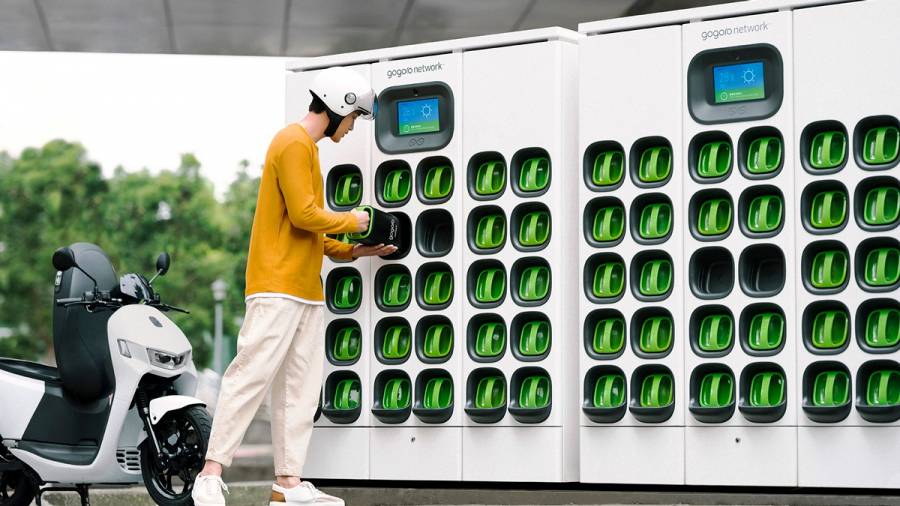 The government is formulating details of the battery swapping policy. Image source Gogoro
The government is formulating details of the battery swapping policy. Image source Gogoro
While complete details of the battery swapping policy are still to emerge, there is one important key word in Sitharaman's announcement, and that is "inter-interoperability". Going to a battery swapping center and exchanging your EVs drained battery with a fully charged one, is only possible if it's exactly the same as the one fitted on your EV.
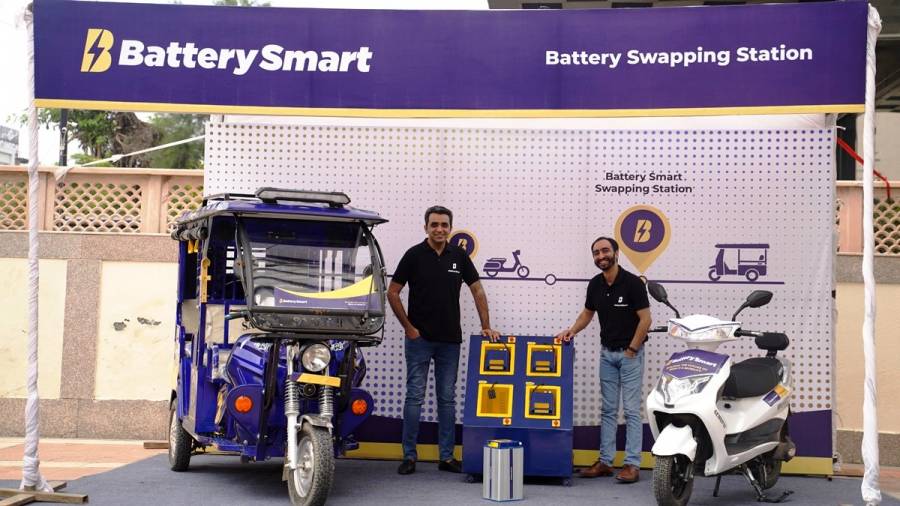 Some battery swapping stations are already operational
Some battery swapping stations are already operational
So "interoperability" or the ability of the battery to connect and work in various vehicles is very important. A good example is the dry batteries for electronic appliances. They come in various different sizes and capacities like AAA, C or D Battery, 12 V, etc. Therefore most electronic devices are designed to specifically work with one of these types of batteries.
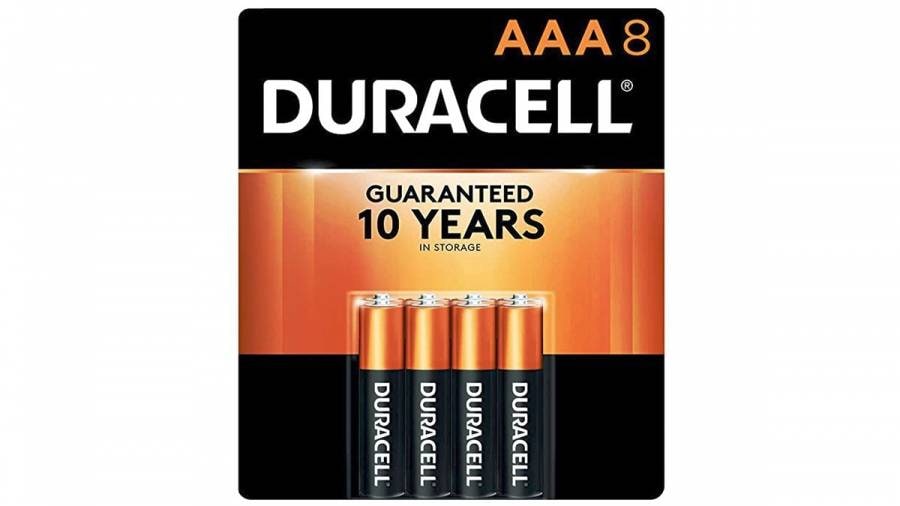
But can the same thing be done with EVs? And will it be a viable, successful and practical solution in a real world scenario? While the idea is undoubtedly good and has proved to be a success in few countries like China, in my view it will not work across all categories of EVs.
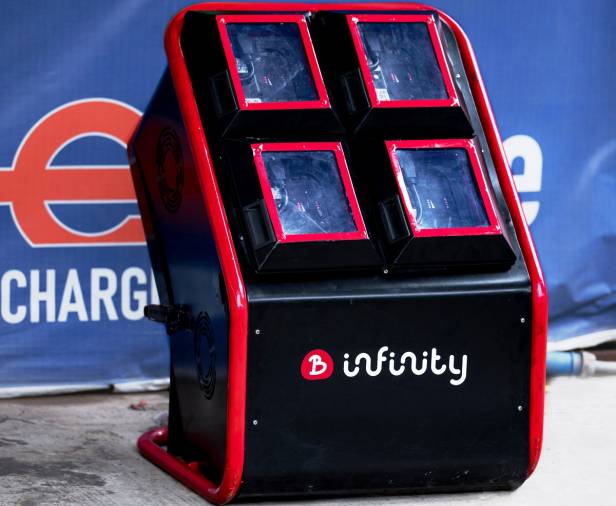 Bounce Infinity's pod-like compact automated battery swapping unit keeps batteries charged and ready for use
Bounce Infinity's pod-like compact automated battery swapping unit keeps batteries charged and ready for use
The reason being that the battery is the main component of an EV, and all over the world researchers, engineers and manufacturers are working extremely hard to improve the performance, range and overall battery technology. So will they be comfortable sharing their technology with others?
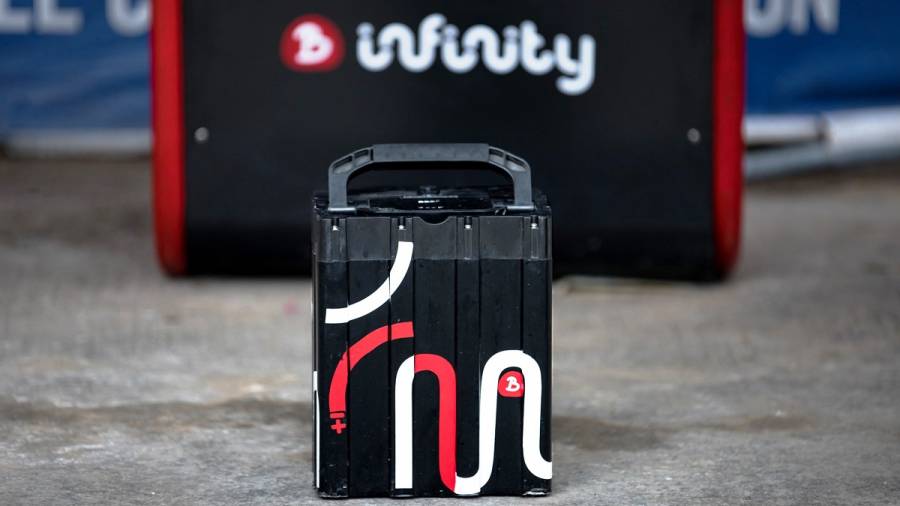 A Bounce Infinity battery with handle for ease in lifting
A Bounce Infinity battery with handle for ease in lifting
Tesla for example is the global leader in EV technology with its vehicles having the best range and shortest charging times. It has also developed the finest software for battery energy management. So will they be willing to opt for standard batteries? Surely not. They will want to retain their edge and the technology that has enabled them to dominate the EV space. Interestingly, at one point Tesla's chief Elon Musk did try the option of battery swapping exclusively for his vehicles, but discarded it.
 Tesla the current leader in EV technology, will surely not want standardized batteries
Tesla the current leader in EV technology, will surely not want standardized batteries
 Tesla did try battery swapping exclusively for its vehicles, but gave it up
Tesla did try battery swapping exclusively for its vehicles, but gave it up
And why just Tesla. I seriously doubt if even other car companies will share their technology and accept a common battery. Because if there is a standardization of batteries, then how does a manufacturer distinguish his product from another. And if all batteries have similar performances and range, then why should consumers choose one vehicle over the other. In such a scenario, all that will differ in comparable category vehicles - is the chassis, styling, interior and features.
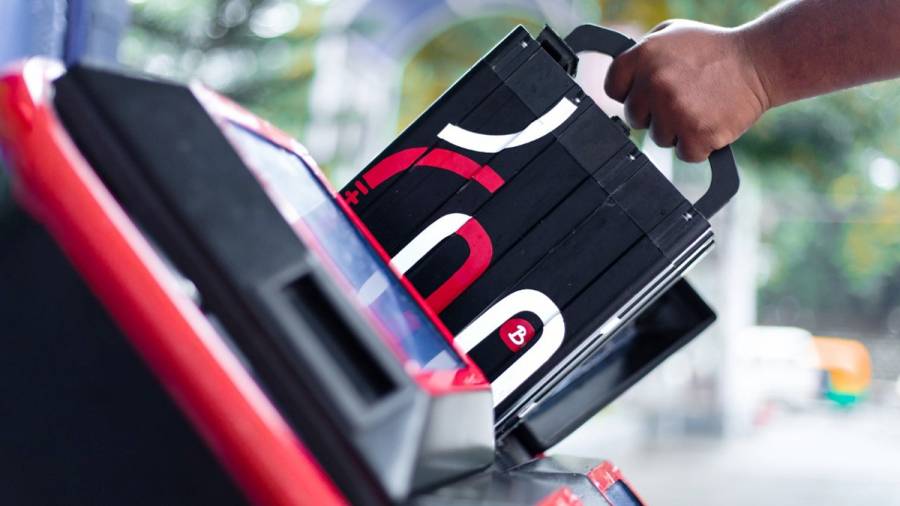
From what I am told, the government in it's new battery swapping policy will possibly specify the size and type of battery to be used in e-scooters and three-wheelers. The size of batteries that power them is not too large and lifting them out and replacing them is not all that difficult. And if a manufacturer wants, it can surely engineer its two or three wheelers, to run with one or more standardized battery types.
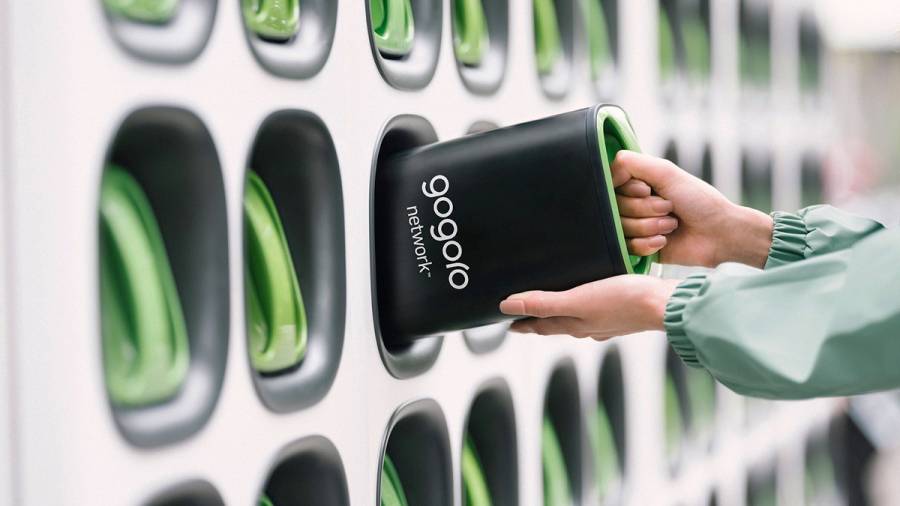 Battery swapping can work for commuter e-scooters and e-bikes and even three wheelers. Image source Gogoro
Battery swapping can work for commuter e-scooters and e-bikes and even three wheelers. Image source Gogoro
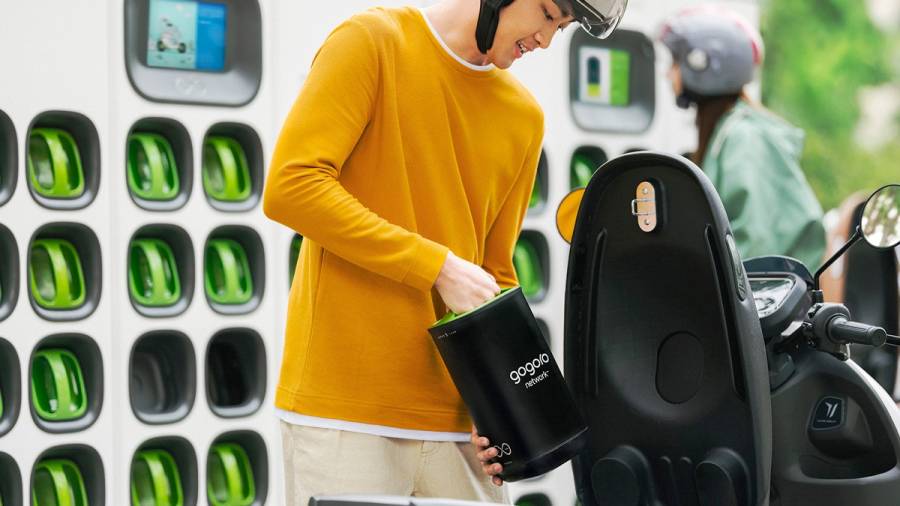 Swapping an electric scooter battery is simple and not time consuming. Image source Gogoro
Swapping an electric scooter battery is simple and not time consuming. Image source Gogoro
Let's take flashlights as an example. They come in all sizes with different light outputs. Smaller ones use a single battery cell while larger ones can take about half a dozen or more cells, depending on their design and level of illumination.
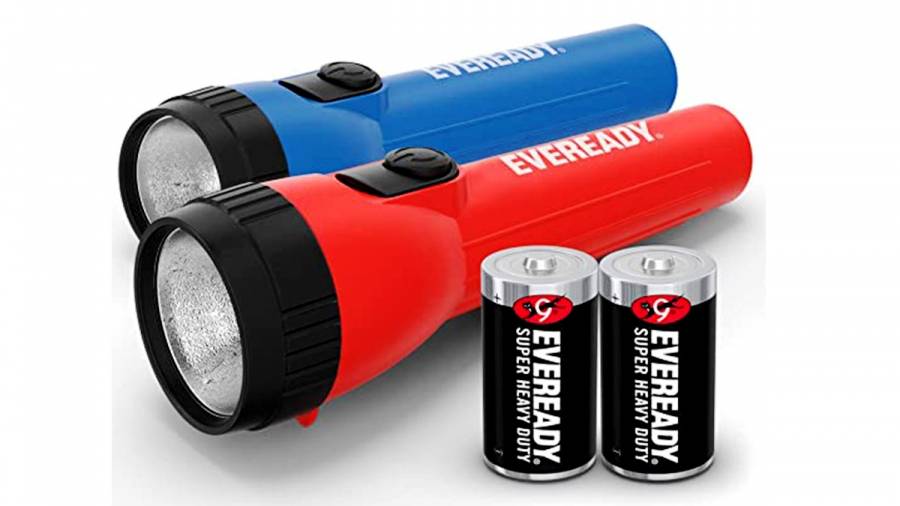
Given this, my view is that battery swapping could work with simpler vehicles like commuter e-scooters and e-bikes and commercial three wheelers, and possibly even fleet operated trucks, buses and taxis. But I doubt if it can be a viable solution for personal use four-wheelers
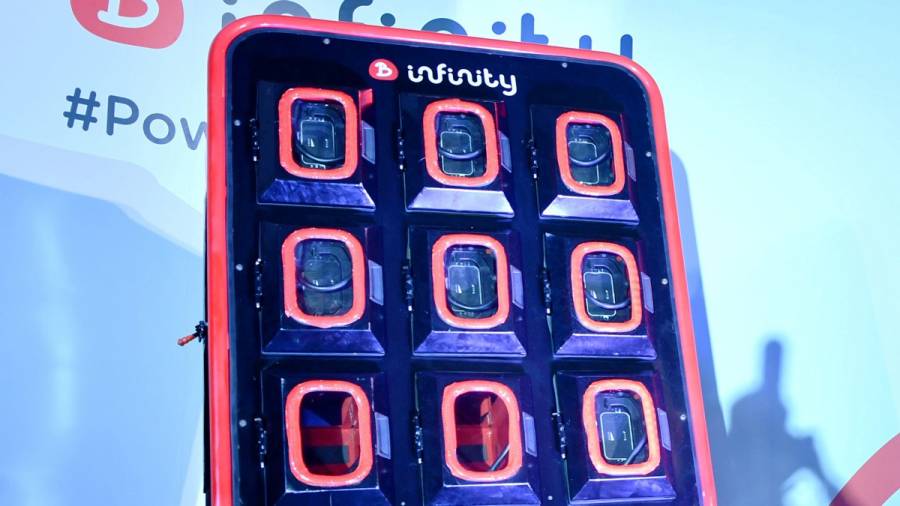 Will battery swapping stations such as this become a common sight?
Will battery swapping stations such as this become a common sight?
There is also the question of ownership of the battery. When you swap the battery, do you get yours back later, or do you just keep swapping it like you do with things like LPG cylinders? There are also some lease plans where you buy the e-vehicle without a battery and lease the battery separately. While this reduces the ownership cost, how do you ensure that the user takes proper care of the battery?
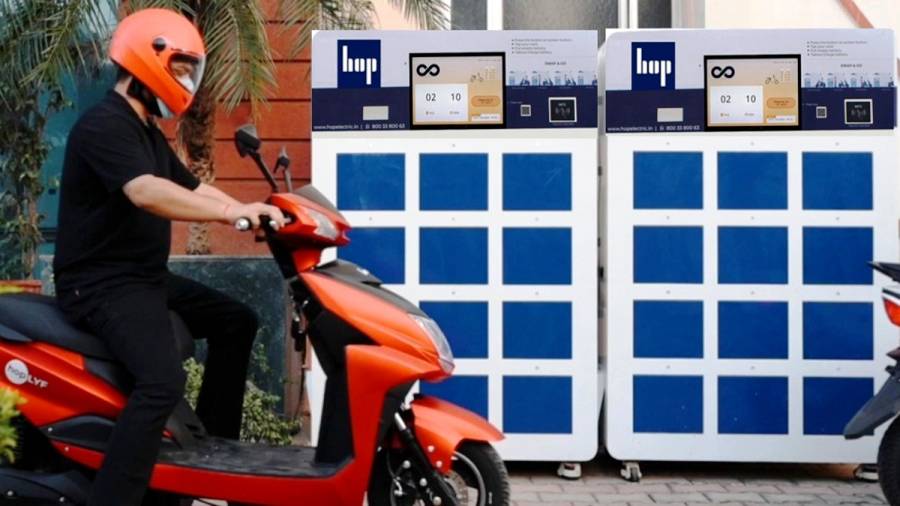 It remains to be seen if people will prefer to charge batteries on their own, or simply swap them
It remains to be seen if people will prefer to charge batteries on their own, or simply swap them
Another aspect that needs contemplation is the degradation of batteries. With passage of time and use, the performance of a battery drops and the electric fuel it can store and the range it offers reduces. So the battery you take may not give the same range as the one you had before swapping. And as the quality of the battery and range could be different each time you swap, customers could get uncomfortable with this uncertainty.
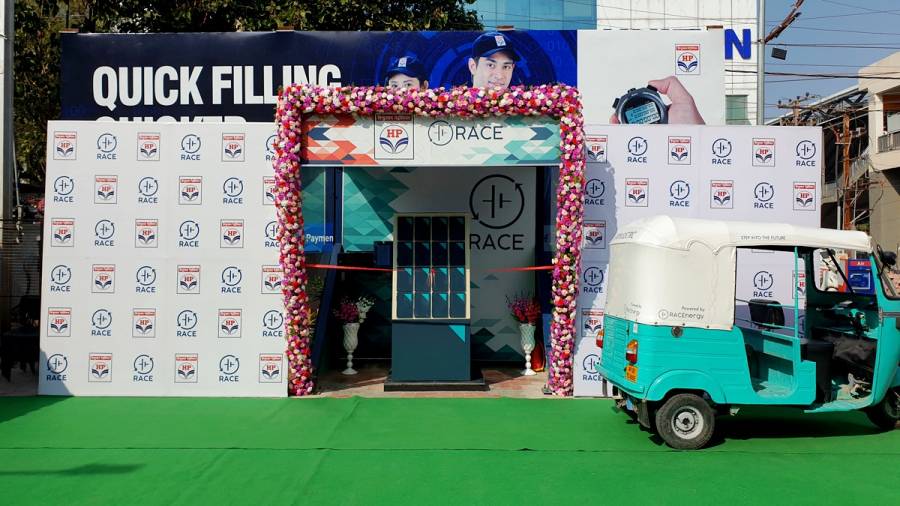 But it can be a solution for fleet operators and also rickshaws and commercial three wheelers
But it can be a solution for fleet operators and also rickshaws and commercial three wheelers
Announcing a policy is one thing, but making battery swapping work is definitely not going to be easy, as it has its own set of challenges. And I have not even talked about things like safety at swapping stations, safe storage of batteries and maintaining optimum temperatures while charging, damage due to overcharging, tampering with batteries, theft, vandalism, and so on.

